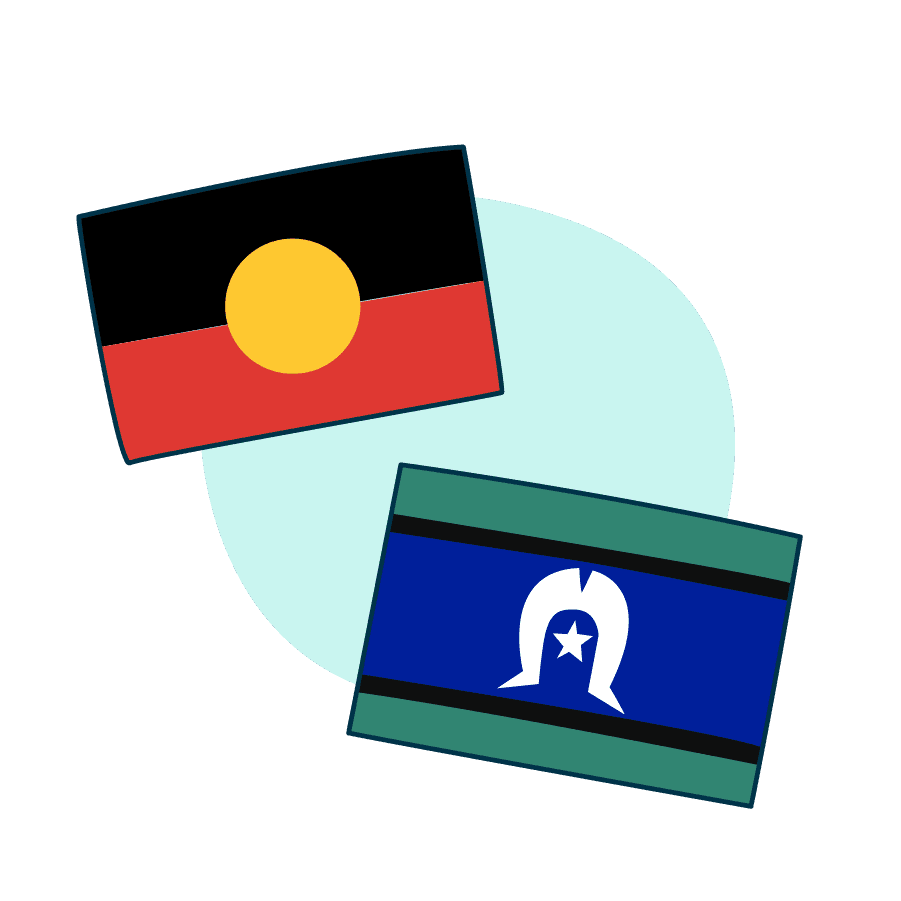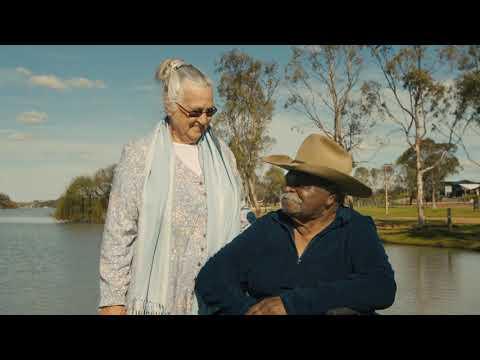Transcript
[Beginning of recorded material]
Speaker 1: My children are what matter most to me.
Speaker 2: My family, culture and heritage all matter to me.
Speaker 3: What matters most to me is my community, my language, and my health.
Speaker 4: My creativity, family, and stories is what matter most to me.
Speaker 2: What matters most to you
Speaker 4: By looking after your brain health, you are looking after all of the things that matter the most to one of us.
Speaker 3: By living a brain healthy life, our culture, heritage and stories continue.
Speaker 2: Your brain holds all your knowledge, so it's important to look after it.
Speaker 3: It's like a muscle. You need to exercise it and keep it active.
Speaker 2: Some of the things you can do to help keep it active include.
Speaker 4: Keeping social with all your mob.
Speaker 1: Catching up with your friends for a barbecue.
Speaker 3: Singing, painting, and yarning up.
Speaker 4: You may even want to learn the guitar, or the ukulele.
[Speaker 4 plays the ukulele, Speaker 2 put a helmet on Speaker 4's head]
Speaker 2: Head injury and concussion can cause serious harm to your brain, so it's important to look after your head and protect it whenever you can.
Speaker 3: Another way to look after your brain health is to look after your body. Keeping fit and healthy is the best way to do this.
Speaker 2: Start by exercising for 30 minutes each day.
[Speaker 2 hands Speaker 3 a jump rope. Speaker 3 jumps]
Speaker 4: Take some sport with your family. Walk instead of driving.
Speaker 1: Kick a football, shoot some hoops, or take your kids to the playground.
Speaker 2: Diet is also important, so when you can, make sure you choose fresh fruit and vegetables, lean meat, and fish.
Speaker 4: Also, foods high in sugar and salt and fried food should really be avoided where possible. And bush food is always a good option. Did you know that what is good for the heart is good for the brain?
Speaker 3: Smoking is no good for your health. Make sure you limit your alcohol intake.
Speaker 2: Manage your body weight.
Speaker 1: And make sure you see your doctor to get your blood pressure, cholesterol, and blood sugar levels checked.
Speaker 4: Remember to live a brain healthy life, you need to look after your brain, body, and your heart.
Speaker 1: Like our stories, culture and family, they're all connected.
Speaker 4: It's up to us to keep them strong.
Speaker 3: A stronger life means a stronger future for all our mob.
Speaker 4: Your story matters.
Speaker 1: Your family matters.
Speaker 3: Your culture matters.
All speakers: Your brain matters.
[Title card: For more information 1800 100 500]
[Title card]
Dementia Australia. dementia.org.au. National Dementia Helpline 1800 100 500. For language assistance call 131 450. This video was originally supported by funding from the Australia Government under Chronic Disease Prevention and Service Improvement Fund and is now maintained by Dementia Australia.
[End title card]
[END of recorded material]



